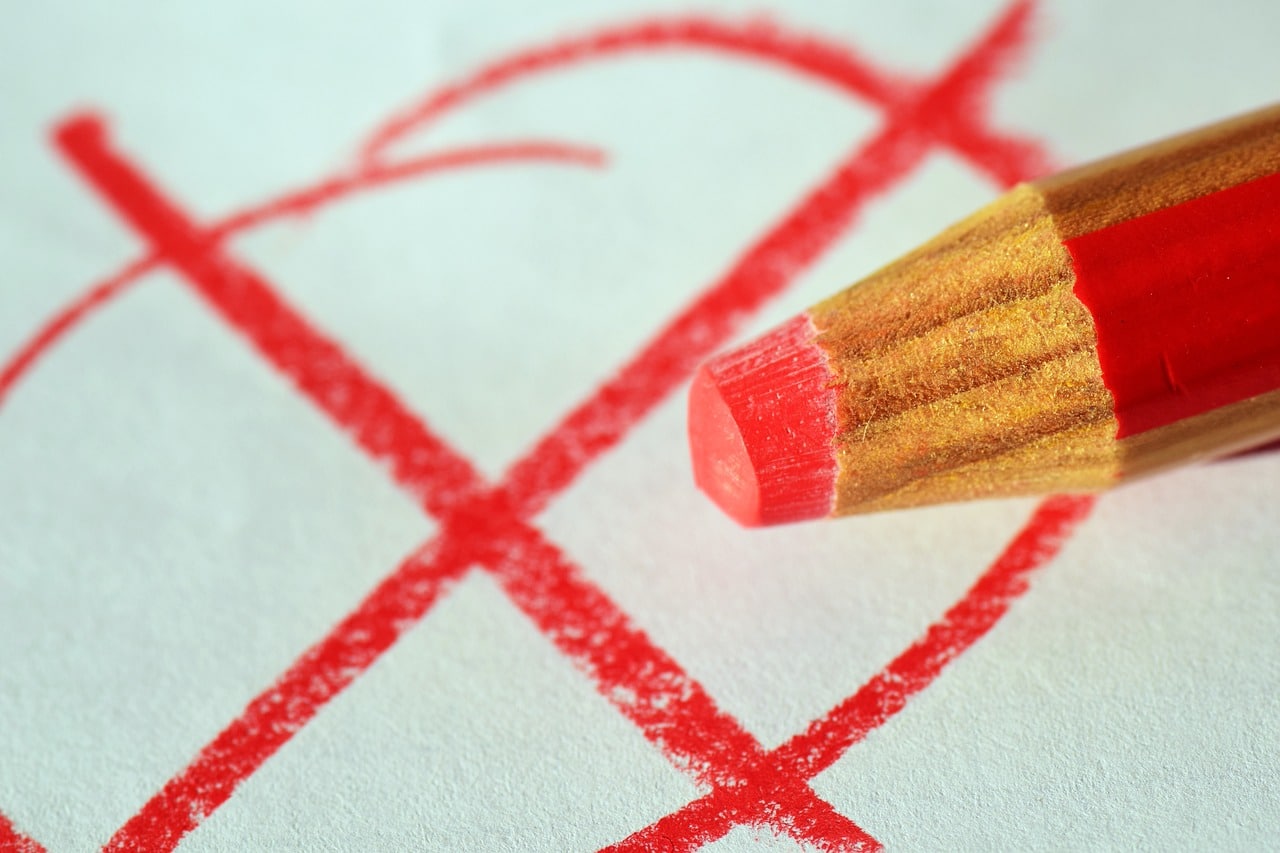Cash transactions have been under scrutiny for some time. Last year in Poland, a dispute over the proposed introduction of cash payment limits ended. The planned changes were rejected, but unfortunately, the idea has returned like a boomerang. The Council of the European Union has adopted a set of regulations, according to which cash payments will only be possible up to 10,000 euros. According to the latest survey by Tavex, almost half of Poles still believe that Poland should not agree to the indicated limits (49%). Unfortunately, the survey also showed a drastic lack of awareness among Poles about the new regulations. Here are some facts to be aware of before the upcoming European Parliament elections.
According to the decision of the Council of the European Union, from 2027, it will no longer be possible to pay in cash more than 10,000 euros. These provisions are of an EU-wide nature, i.e., they apply in every EU country, with the only exceptions being payments between private individuals in a non-professional context and measures aimed at ensuring compliance with targeted financial sanctions and avoiding sanctions circumvention. The adopted regulations also introduce, among other things, increased vigilance regarding ultra-wealthy individuals with total assets of at least 50 million euros, excluding their primary residence. Additionally, in cash transactions exceeding 3,000 euros, all stores will be required to identify and register the transactions.
These amounts may seem large, but they are not. Due to the new requirements, the acceptability of cash in furniture stores, electronics stores, and car dealerships will decrease. Establishing an AML (Anti-Money Laundering) department to accept payments for flagship smartphones or laptops will be an additional cost for many businesses.
Last year, the Polish government listened to the opposition of Poles who were dissatisfied with the previously enacted law that limited the use of cash in economic transactions, including those made by private individuals and consumers. Unfortunately, this topic has returned like a boomerang, and on April 24th this year, the European Parliament adopted a set of regulations strengthening the EU’s toolkit to combat money laundering and terrorist financing. Interestingly, a survey conducted by Tavex found that 60% of women and 48% of men had not heard about the planned changes to cash payment limits for private individuals by the European Union.
However, it is significant that, despite previous ignorance, only 30% of Poles support the introduction of cash payment limits by the EU, and almost half believe that Poland should not agree to the indicated limits (49%). 19% indicated that it is difficult to say.
It is obvious that cashless payments bring a number of benefits. They are easy, fast, convenient, and do not require carrying a wallet – today we can easily pay with a phone or even a watch. In a world where you have to go to an ATM and banks make withdrawals difficult – through limits and fees – most of us choose cashless payments (52% of women and 47% of men). Nevertheless, choosing convenient solutions increases the dominance of the duopoly of card organizations, preventing competitive cash payments, which we still like. As many as 24% of women and 27% of men prefer to pay with physical money in local shops and service points. Fewer cash transactions mean less cash in circulation and potential problems with infrastructure to handle it. We harm ourselves with such actions also because without cash it is easier to justify, for example, an increase in fees, explains Aleksander Pawlak, President of Tavex. Cash payments should also be considered in the context of economic patriotism. This means that the costs of cash payments translate into revenue in Poland, while electronic payments (e.g., card payments) fuel the budgets of foreign companies, he adds.
